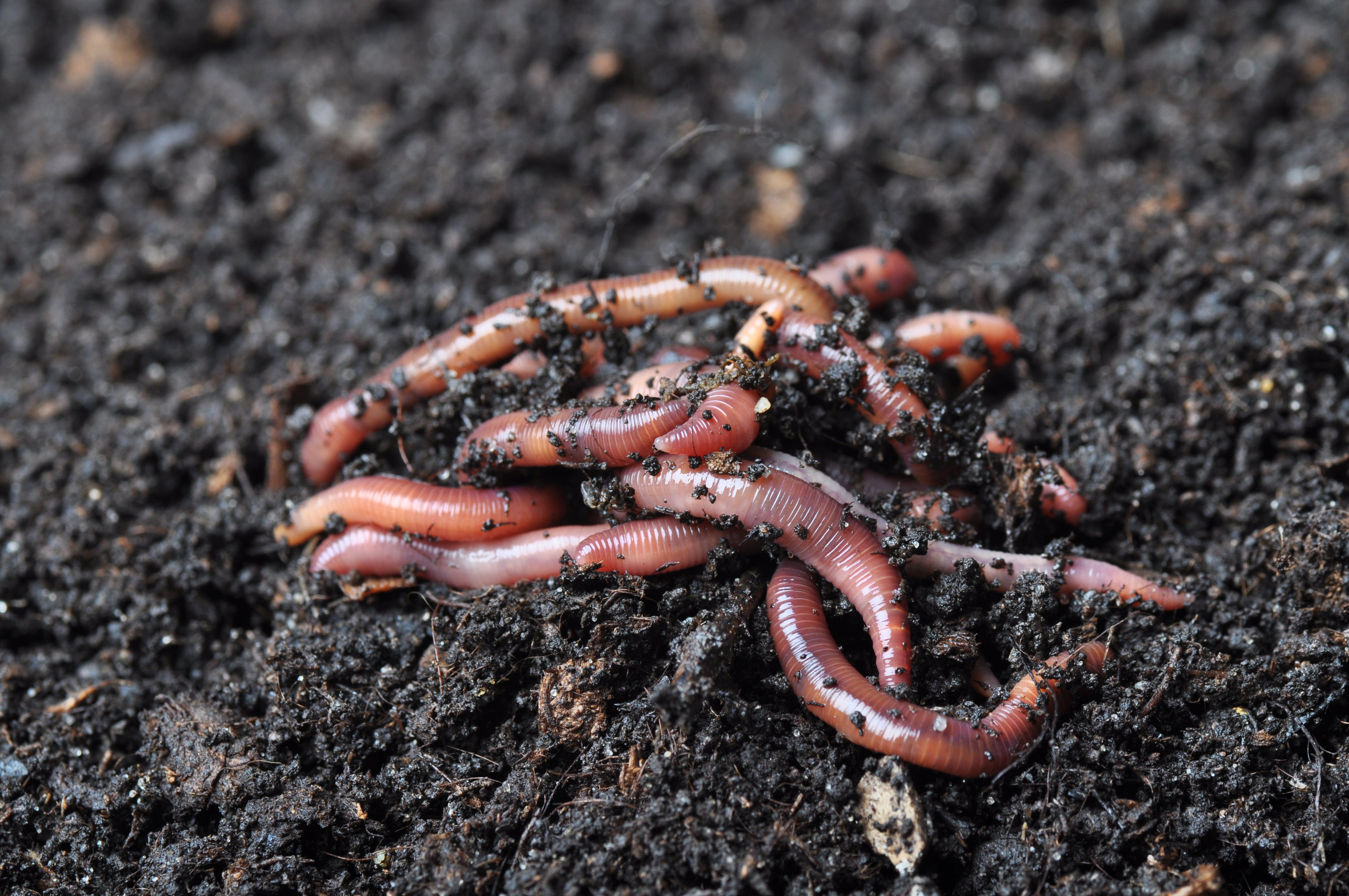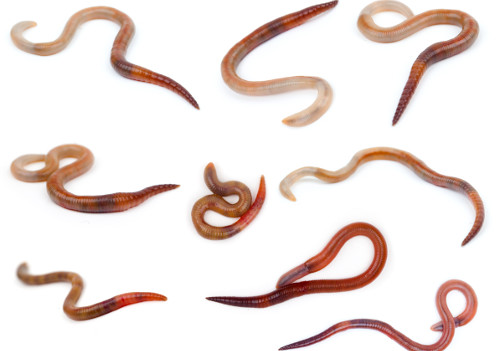Red Wiggler Worms - Vital for Healthy and Productive Gardens
Red Wiggler Worms - Vital for Healthy and Productive Gardens
Blog Article
Red Wiggler Worms Demystified: Unlocking the Keys of Vermiculture for Greener Living and Nutrient-Rich Soil
In the realm of sustainable methods for enhancing dirt top quality and advertising eco-conscious living, red wiggler worms play a pivotal yet often overlooked function. Red Wiggler Worms. Comprehending the details of caring for these worms, enhancing their setting, and utilizing their spreadings can lead to a greener way of life and healthier dirt for plants to thrive.
The Function of Red Wiggler Worms
Red Wiggler worms play a vital duty in composting systems by efficiently breaking down organic issue into nutrient-rich castings. These ravenous eaters take in a variety of natural products, such as kitchen scraps, backyard waste, and paper products. As they feed, the worms' digestion processes break down the organic matter into a fine, dark, and nutrient-dense material referred to as worm spreadings or vermicompost.
The castings produced by Red Wiggler worms are very useful for soil wellness and plant development. They are abundant in important nutrients like nitrogen, phosphorus, and potassium, which are important for supporting healthy and balanced plant advancement. In addition, worm castings consist of valuable germs and enzymes that aid enhance dirt framework, rise water retention, and boost nutrient uptake by plants.
Benefits of Vermicomposting

It boosts soil structure, enhances dirt oygenation, and increases dirt wetness retention. Vermicompost additionally enriches the dirt with necessary nutrients like potassium, phosphorus, and nitrogen, advertising plant growth and total dirt fertility.
Additionally, vermicomposting assistances sustainable gardening techniques by providing a chemical-free and natural option to synthetic plant foods. Red Wiggler Worms. This eco pleasant method not just improves the dirt however likewise assists decrease reliance on hazardous chemicals, promoting a greener and more lasting way of gardening
Establishing Up a Worm Bin
When developing a worm bin for vermicomposting, appropriate configuration is vital to ensure the success of the composting process. The initial step in establishing up a worm container is picking a suitable container.
After including the bed linen, present the red wiggler worms to the bin. The worms ought to then be offered with food scraps such as fruit and veggie peels, coffee premises, and eggshells.
Regularly check the wetness degrees and temperature level in the worm bin to make sure ideal conditions for the worms. With proper arrangement and upkeep, the worm container will properly transform organic waste into nutrient-rich compost for your plants and garden.
Gathering Worm Castings
To efficiently accumulate nutrient-rich worm spreadings from your vermicomposting system, a systematic harvesting technique is necessary. When it comes time to harvest the worm spreadings, there are a few essential steps to comply with to make sure a successful process.

Troubleshooting Common Issues
Recognizing and resolving common challenges that may occur during the vermicomposting procedure is vital for preserving a efficient and healthy and balanced worm bin. Adding excess food scraps can lead to an accumulation of dampness and level of acidity in the worm container, possibly hurting the worms. An additional problem is unpleasant odors rising from the worm container.
In addition, if the worm population is declining or the worms show up undesirable, it can be as a result of environmental stress factors such as severe temperature levels or pH levels. Keeping track of these variables and making necessary adjustments is vital for the wellness of the worms. By repairing these usual problems immediately, vermicomposters can ensure a smooth and effective vermicomposting process while keeping a prospering worm population.

Final Thought
In final thought, red wiggler worms play a critical role in vermiculture by breaking down raw material his explanation into nutrient-rich soil. The advantages of vermiculture include greener living and boosted dirt top quality. Establishing a worm container is necessary for helpful resources successful vermiculture, and collecting worm castings supplies beneficial compost for gardening. By recognizing and troubleshooting typical issues, people can unlock the tricks of vermiculture for lasting living and healthier soil.
As they feed, the worms' gastrointestinal processes damage down the organic matter into a penalty, dark, and nutrient-dense material known as worm castings or vermicompost.
The spreadings created by Red Wiggler worms are very beneficial for soil health and wellness and plant development. Adding excess food scraps can lead to a build-up of dampness and level of acidity in the worm bin, possibly hurting the worms.In addition, if the worm populace is decreasing or the worms appear harmful, it could be due to ecological stressors such as extreme temperature levels or pH levels. Establishing up a worm container is crucial for successful vermiculture, and harvesting worm spreadings provides useful garden compost for gardening.
Report this page